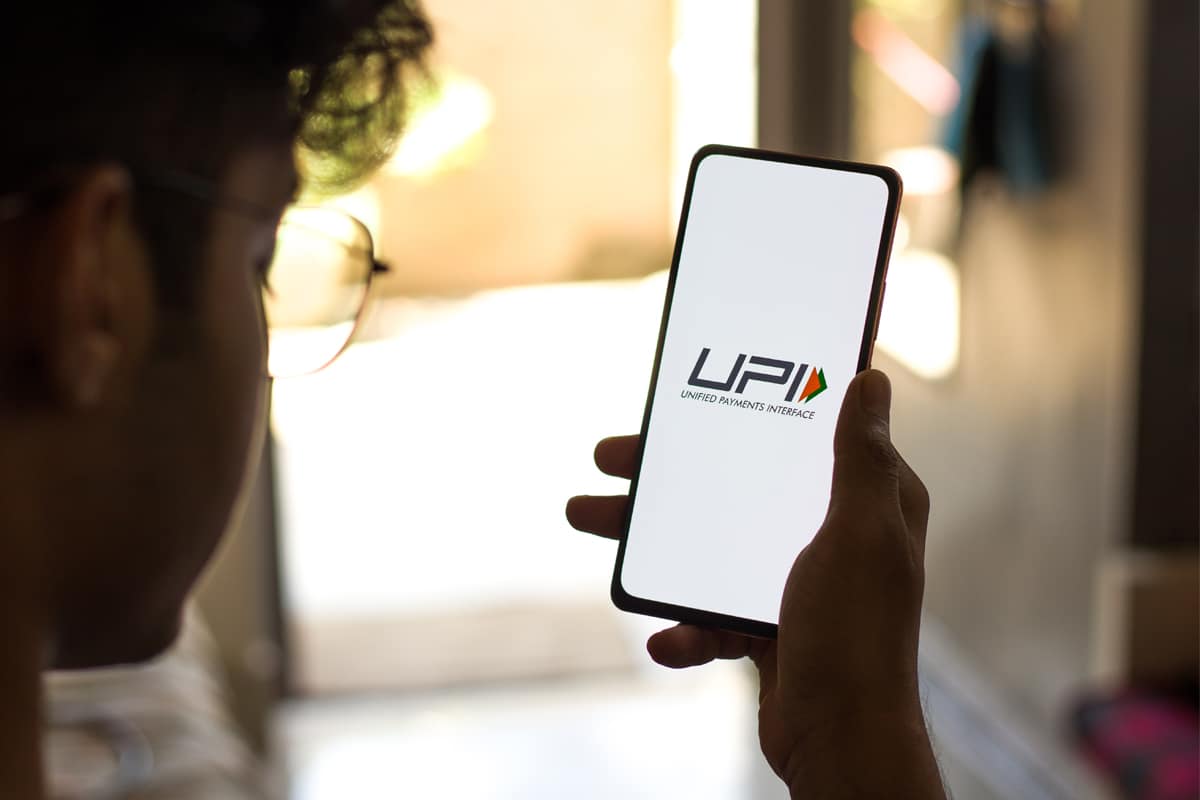A recent survey conducted by LocalCircles has unveiled significant opposition among citizens towards the imposition of a transaction fee on the Unified Payments Interface (UPI). The survey, which collected over 34,000 responses from individuals across 364 districts, sheds light on the sentiments of UPI users regarding potential fees and their usage patterns.
Citizens’ Response to Transaction Fee
The survey revealed that a majority, constituting 73% of respondents, expressed their unwillingness to continue using UPI if a transaction fee were introduced. Conversely, 23% of participants indicated their willingness to bear such charges.

Interestingly, 37% of the surveyed UPI users reported experiencing transaction fees on their payments within the past year, indicating a tangible impact on users despite the absence of formalised fees thus far.
Government Stance and Growth of UPI
The Reserve Bank of India (RBI) had previously floated a discussion paper proposing a tiered structure for charges on UPI payments based on transaction amounts. However, the finance ministry clarified that no such proposal was under consideration, as highlighted in the LocalCircles report.
Despite this, the Central government has underscored the remarkable growth of UPI transactions in recent years. From 92 crore transactions in the fiscal year 2017-18 to a staggering 8,375 crore transactions in 2022-23, UPI transactions have witnessed a compound annual growth rate (CAGR) of 147% in terms of volume. Correspondingly, the value of these transactions surged from ₹1 lakh crore to ₹139 lakh crore during the same period, demonstrating a CAGR of 168%.
UPI’s Significance and Future Prospects
The Unified Payments Interface (UPI) stands as India’s premier mobile-based fast payment system, empowering customers to conduct instant, round-the-clock transactions using Virtual Payment Addresses (VPAs). With its user-friendly interface and seamless functionality, UPI has become integral to India’s digital payment ecosystem.

Furthermore, UPI’s reach extends beyond national borders, with partnerships established with countries such as Sri Lanka, France, the UAE, Singapore, and Mauritius to explore emerging fintech and payment solutions. This underscores UPI’s potential not only domestically but also on the global stage.
The survey results underscore the importance of maintaining UPI as a free-to-use platform to sustain its widespread adoption among citizens. As India continues to embrace digital payments, policies and regulations must align with user preferences to ensure the continued success of UPI as a cornerstone of the country’s financial landscape.
